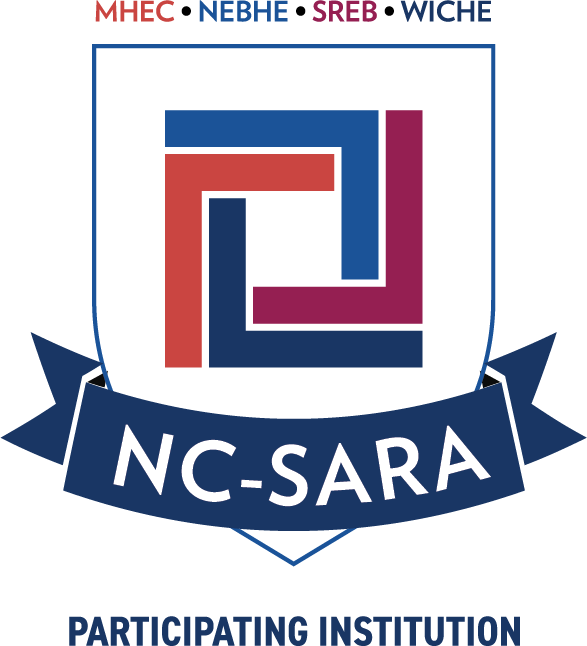Information is distributed through learning technologies to students who have time constraints, work schedule conflicts or are otherwise unable to attend classes at a specific college location at a designated time.
You will need a variety of technical skills, but nothing that can’t be learned quickly. You will need to check email on a regular basis. You will also need to be able to communicate with instructors and peers through email, discussion boards or video calls. And you will need to use Blackboard, our learning management system.
You will also need access to the internet and a computer with Windows 7 or greater, Microsoft Office 2003 Word or greater (not Microsoft Works), Chrome version 63+, Firefox version 57+, Edge 42+ or Safari 12+ (recommended for Mac users).
You should know how to operate a word processing program (preferably Microsoft Word), how to type, send an email, attach files, use a discussion board and complete basic downloads. Depending on the course, you might also need to know how to follow instructions for updating your browser, download and install special plugins and/or how to zip and unzip files.
Blackboard is the learning management system (LMS) you will use during your class. You can think of it as a virtual classroom and it is used for online courses, hybrid courses and as a supplement for on-campus courses.
To access Blackboard, start by logging in to myWor-Wic (the college portal) and then Blackboard. Your username is the first part of your Wor-Wic email address (the part before the @ symbol) and your password is your birthday (if you haven’t changed it yet) in the following format: YYYY/MM/DD.
Here are some other helpful links:
Testing activities (quizzes and exams) for distance learning courses can be completed in our on-campus testing center or in an off-campus proctored environment, which could include the use of proctoring software (e.g., Respondus Monitor) and a web camera. Out-of-state or out-of-county students who cannot come to campus should check with the course instructor before registering to see if accommodations can be made.
Wor-Wic currently offers seven distance learning credit degree programs in:

We are committed to continually improving our online courses. Wor-Wic participates in the State Authorization Reciprocity Agreement (SARA). Some of the benefits for students of our institutional participation in SARA include greater access to online programs, better quality of distance education and reduced institutional costs (which keep everyone’s costs lower).
Currently, 49 states, the District of Columbia, Puerto Rico and the U.S. Virgin Islands participate in SARA (California does not participate). The State Authorization Reciprocity Agreement is a voluntary agreement among its member states and U.S. territories that establishes comparable national standards for interstate offering of postsecondary distance-education courses and programs. It is intended to make it easier for students to take online courses offered by postsecondary institutions based in another state. For more information on SARA guidelines, you can visit NC-SARA Student Support.